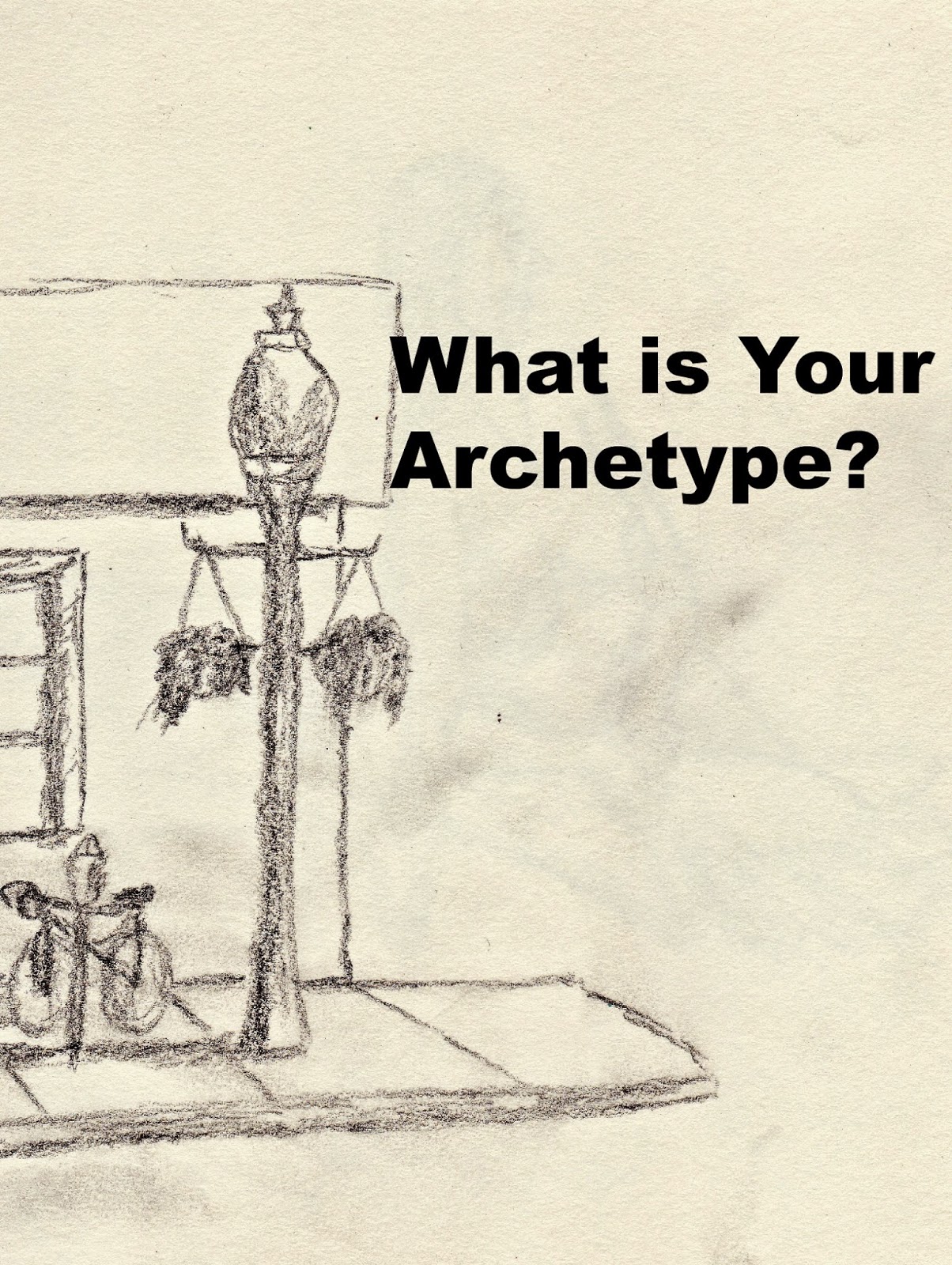Carl Jung’s Archetype is considered an interesting theory about the nature of the human mind and the personality structures contained within it. The creation of self and all of its details has a substantial impact on our personality and how we relate to other people. The very way in which our archetypes create our personality will naturally impact how we deal with problems and events in the workplace. Our management style is based upon how we see ourselves and the archetypal approach we use in life.
According to Jung we have the Self which is the unification of our conscious/unconscious, the shadow which is our hidden instinct driven self, the Anima or Animus that represent the true self, and the persona is the image we share to the world. As a total person the self is the way in which we integrate ourselves while the persona is more focused on what we want to show others.
Some argue that these archetypes are universal and an inherited part of ourselves. Based upon our biological and environmental traits our personalities begin to develop particular characteristics that revolve around running themes in our lives. Some of these personality types could be the father, mother, child, hero, wise old man, maiden or trickster.
The type of persona and personality a person accustoms themselves with will obviously impact their way of thinking and their management style. According to an article in the Journal of International Management Studies a leader’s archetypes and experience combine to create the manager (Oren, 2011). This style will influence how projects are directed and the relationship the manager has with his/her subordinates.
For example, the caregiver is likely to be more humanistic in their approach when compared to the hero who may seek more opportunities to take charge. The way in which people organize their thoughts and understanding of the world around them becomes the leading method for managing other people. The archetype determines in part most, if not all, of the decisions managers make.
Determining your own style will help you be more effective in understanding the situations and work that you flourish in and develop a better plan on managing people. For example, if I take the archetype of the explorer I might become aware that I will be pushing my team to not only solve problems but explore unique ways of getting this completed. I will not be happy with stagnation in growth and production. My management style might include helping people be creative, unique, and focused on the goal to achieve objectives.
Oren, R. (2011). Preliminary findings into project management leadership archetypes. Journal of International Management Studies, 11 (3).
According to Jung we have the Self which is the unification of our conscious/unconscious, the shadow which is our hidden instinct driven self, the Anima or Animus that represent the true self, and the persona is the image we share to the world. As a total person the self is the way in which we integrate ourselves while the persona is more focused on what we want to show others.
Some argue that these archetypes are universal and an inherited part of ourselves. Based upon our biological and environmental traits our personalities begin to develop particular characteristics that revolve around running themes in our lives. Some of these personality types could be the father, mother, child, hero, wise old man, maiden or trickster.
The type of persona and personality a person accustoms themselves with will obviously impact their way of thinking and their management style. According to an article in the Journal of International Management Studies a leader’s archetypes and experience combine to create the manager (Oren, 2011). This style will influence how projects are directed and the relationship the manager has with his/her subordinates.
For example, the caregiver is likely to be more humanistic in their approach when compared to the hero who may seek more opportunities to take charge. The way in which people organize their thoughts and understanding of the world around them becomes the leading method for managing other people. The archetype determines in part most, if not all, of the decisions managers make.
Determining your own style will help you be more effective in understanding the situations and work that you flourish in and develop a better plan on managing people. For example, if I take the archetype of the explorer I might become aware that I will be pushing my team to not only solve problems but explore unique ways of getting this completed. I will not be happy with stagnation in growth and production. My management style might include helping people be creative, unique, and focused on the goal to achieve objectives.
Oren, R. (2011). Preliminary findings into project management leadership archetypes. Journal of International Management Studies, 11 (3).

No comments:
Post a Comment